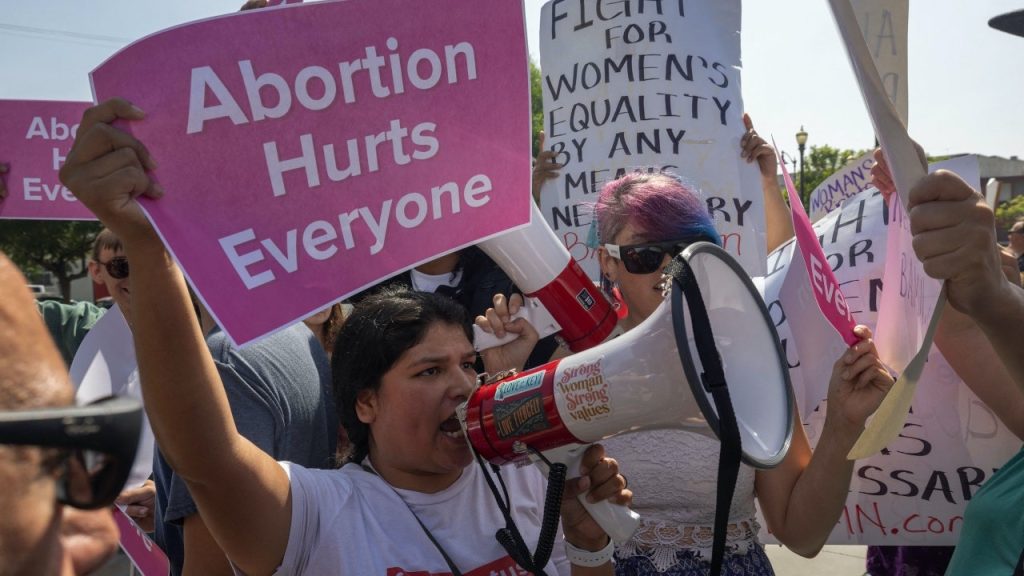The Florida Supreme Court recently ruled that a ballot measure allowing abortion access to be enshrined in the state’s constitution can be voted on in November. Some prominent pro-life advocates view this measure as “misleading” and too “extreme” for Florida voters. The ruling also upheld a 15-week abortion ban signed by Governor Ron DeSantis and cleared the way for a 6-week ban to be enforced. The approval of the ballot measure means that Florida voters will have the opportunity to decide on whether to enshrine abortion access into the state constitution, sparking a post-Roe v. Wade battle in the state.
According to pro-life advocates, the abortion businesses behind this extreme amendment are aware that second and third-trimester abortion is not widely popular and will spend tens of millions of dollars to promote fear and deception to get the measure passed. They argue that emergency care is still available to pregnant women in all 50 states, but there is a risk of confusion that could put women’s lives in danger. In order to prevent a similar outcome as in Ohio, where such a measure passed, prominent Floridians must clearly articulate the implications of the abortion measure for residents and defend protections for unborn children that have been signed into law by Governor DeSantis.
Despite some Republicans suffering defeats due to poor messaging on abortion, pro-life advocates argue that the majority of Americans do not align with the Democratic stance on abortion. The media narrative suggesting that late-term abortion is a political winner is disputed by these advocates who claim that Democratic candidates suffer when confronted with their extreme positions on abortion. Prominent Democrats have indicated that the turnout for the abortion measure in Florida could benefit President Biden’s campaign efforts in November and potentially secure a win for him in the state. They believe that this issue resonates with voters across the country.
After the Ohio defeat, pro-life groups emphasized the need to address the issue of being outspent and misleading language in the abortion amendment. They are committed to ensuring that Florida voters are not misled by the amendment’s language and are aware of the potential risks associated with passing such an extreme measure. Pro-abortion groups are expected to invest heavily in promoting the measure, but pro-life advocates are determined to counter their messaging and emphasize the extreme nature of the proposed amendment. Concerns have been raised about the potential impact on parental consent laws and the safety of women, girls, and babies if the measure passes.
Abortion restrictions have been implemented across the deep south since Roe v. Wade was overturned, leading pro-abortion groups to view the Florida vote as a rallying cry against nationwide efforts. Major abortion providers and advocacy groups are expected to pour resources into Florida to support the amendment, which they believe will enhance access to late-term abortions in the state. With the constitutional amendment requiring a 60% vote to pass, it remains to be seen how Florida voters will respond to the abortion measure in November. Republicans in the state have an opportunity to clearly state their position on the issue of abortion and emphasize their support for pro-life protections in contrast to the Democrat agenda for unlimited abortion access in Florida.


